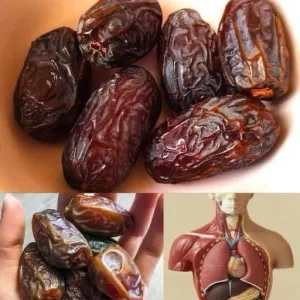Scientists have uncovered a crucial change in cancer cells that allows them to spread around the body: by switching from sugar to fatty acids to fuel their growth. This dietary shift enables tumor cells to thrive in new locations where glucose, their preferred energy source, is scarce.
The Discovery
Researchers at The Institute of Cancer Research, London, discovered that a protein called AKR1B10 helps cancer cells adapt their energy sources. High levels of AKR1B10 reduce the cells’ dependency on sugar and enhance their ability to utilize fatty acids instead.
Implications for Cancer Treatment
This discovery presents new opportunities for cancer treatment. Screening breast cancer patients for increased levels of AKR1B10 could help identify those at higher risk of metastatic relapse. Furthermore, targeting the cells’ ability to use fatty acids could reduce relapse rates, as demonstrated in mice studies.
The Study
Published in **Nature Communications** and funded by Breast Cancer Now, the study primarily focused on breast cancer cells. However, high levels of AKR1B10 are also observed in liver, lung, and pancreatic cancers. The researchers found AKR1B10 during a screen for proteins that assist cancer in thriving at new locations. High levels of this protein allow cancer cells to mitigate the toxic side effects of using fatty acids as fuel, which usually deter cells from relying on fatty acids.
Key Findings
– **AKR1B10’s Role**: High levels of AKR1B10 help cancer cells use fatty acids, reducing their reliance on glucose.
– **Cancer Adaptability**: Cells with high AKR1B10 can better adapt to new environments during metastasis.
– **Potential Therapies**: Blocking cancer cells’ ability to utilize fatty acids could hinder their spread and reduce tumor formation at new sites.
Expert Insights
Professor Clare Isacke, from the Breast Cancer Now Toby Robins Research Centre at the ICR, emphasized the study’s significance:
“Cancer cells have to work hard to take root and form a tumor. When they metastasize, they must adapt to the available energy and nutrient sources in their new locations. Our study has shown how critical it is for cancer cells to learn to use different nutrients and energy sources to survive. High levels of AKR1B10 help tumor cells adjust as cancer spreads from the breast to other organs like the lungs. This research greatly enhances our understanding of cancer cell metabolism and metastatic relapse, opening new avenues for therapies and treatments for metastatic breast cancer patients.”
Reference
Antoinette van Weverwijk, et al. (2019). *Metabolic adaptability in metastatic breast cancer by AKR1B10-dependent balancing of glycolysis and fatty acid oxidation.* Nature Communications. DOI: [https://doi.org/10.1038/s41467-019-10592-4](https://doi.org/10.1038/s41467-019-10592-4).
This article has been republished from the following materials. Note: material may have been edited for length and content. For further information, please contact the cited source.





